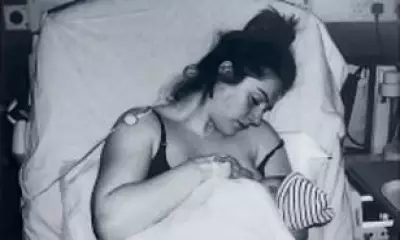
ITV's flagship midday show, Loose Women, has been plunged into a storm of controversy following a segment that viewers have branded deeply insensitive and 'victim-blaming'. The discussion, centred on the tragic case of Constance Marten and her partner Mark Gordon, has triggered hundreds Ofcom complaints and a fierce debate on social media.
What Sparked the Outrage?
The furore erupted after panellist Judi Love made pointed comments about Marten's decision to go on the run with her newborn baby, which ultimately led to the infant's death. Love stated she had 'no sympathy' for the mother, arguing that Marten had choices and resources the public was unaware of.
This perspective was challenged by fellow presenter Victoria Derbyshire, who passionately argued that Marten was a 'victim' who needed support, highlighting the complex interplay of coercion, trauma, and potential mental health issues. The stark contrast between the two opinions set the stage for a heated on-air clash.
A Wave of Viewer Backlash
The public reaction was swift and severe. Hundreds of viewers contacted the media regulator, Ofcom, to formally complain about the segment's tone. Social media platforms, particularly X (formerly Twitter), became a battleground.
One user accused the show of 'appalling victim-blaming', while another stated it was 'one of the worst episodes' they had ever seen. Many commentators expressed dismay at the lack of nuance and empathy in judging a woman who had clearly experienced significant trauma.
The Core of the Criticism: Ingrained Sexism?
Beyond the immediate anger, a more profound criticism emerged. Numerous viewers and commentators suggested that the panel's harsh judgement of Marten was rooted in deep-seated sexism. They argued that a woman who fails to conform to societal expectations of motherhood is often subjected to disproportionate scrutiny and condemnation.
The debate raises critical questions about how society and the media treat women in the public eye, especially those involved in heartbreaking tragedies. The incident has put Loose Women, a show that built its brand on female empowerment and candid conversation, in a difficult position, forcing it to confront accusations of hypocrisy.
As the broadcast regulator considers the complaints, this incident serves as a potent reminder of the power and responsibility that comes with discussing sensitive personal tragedies on national television.





